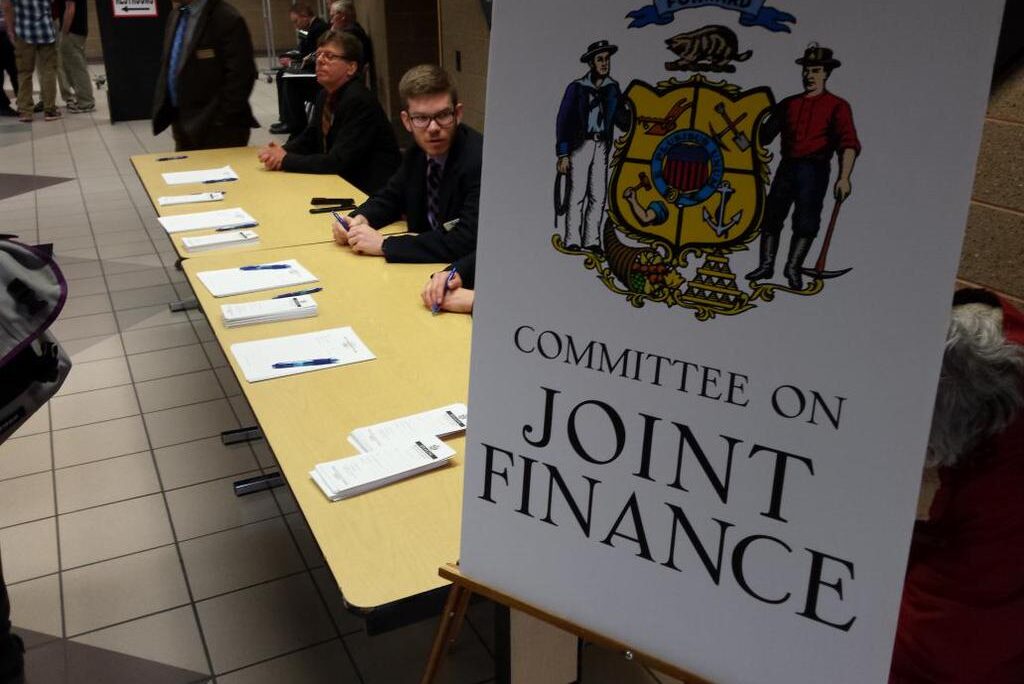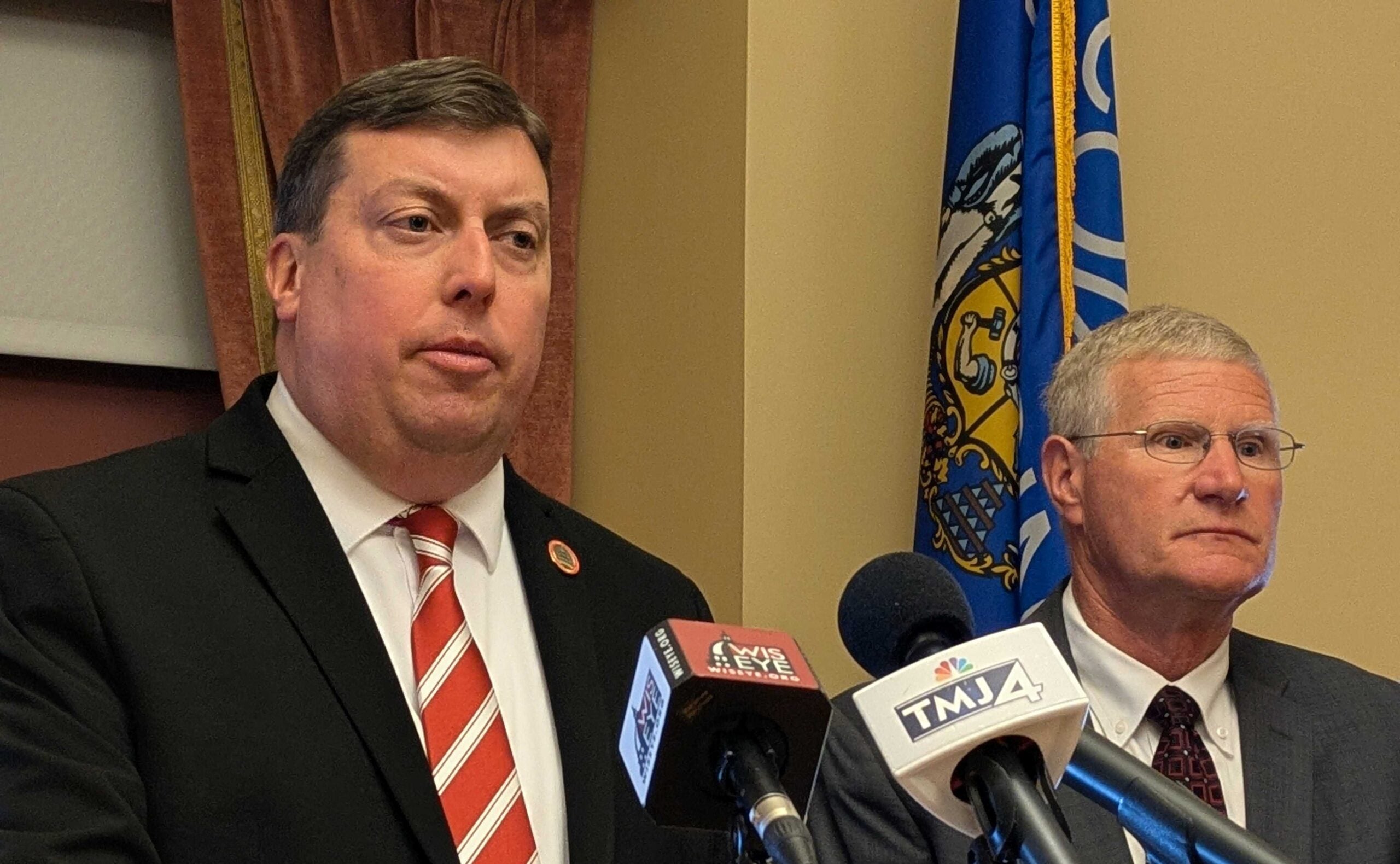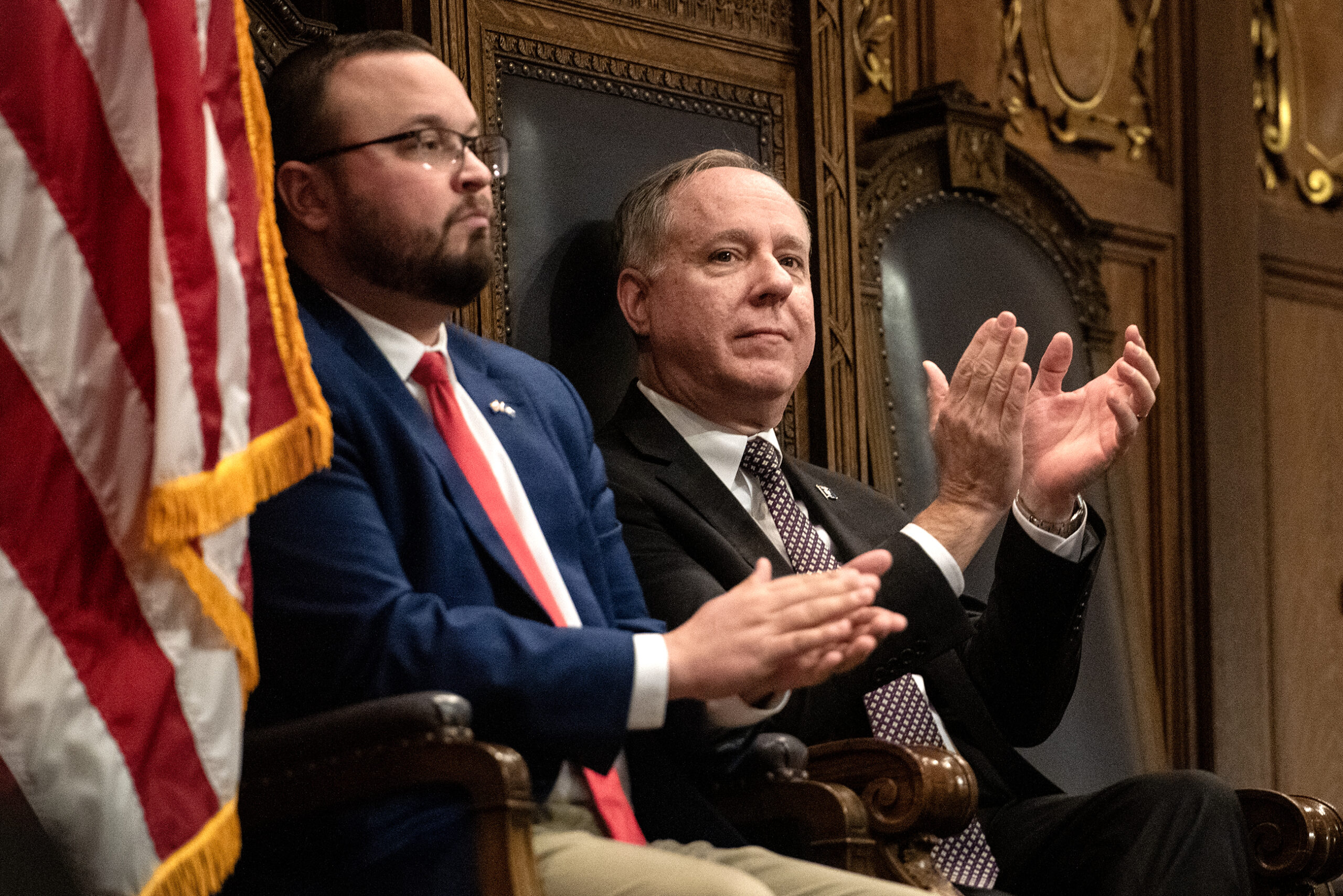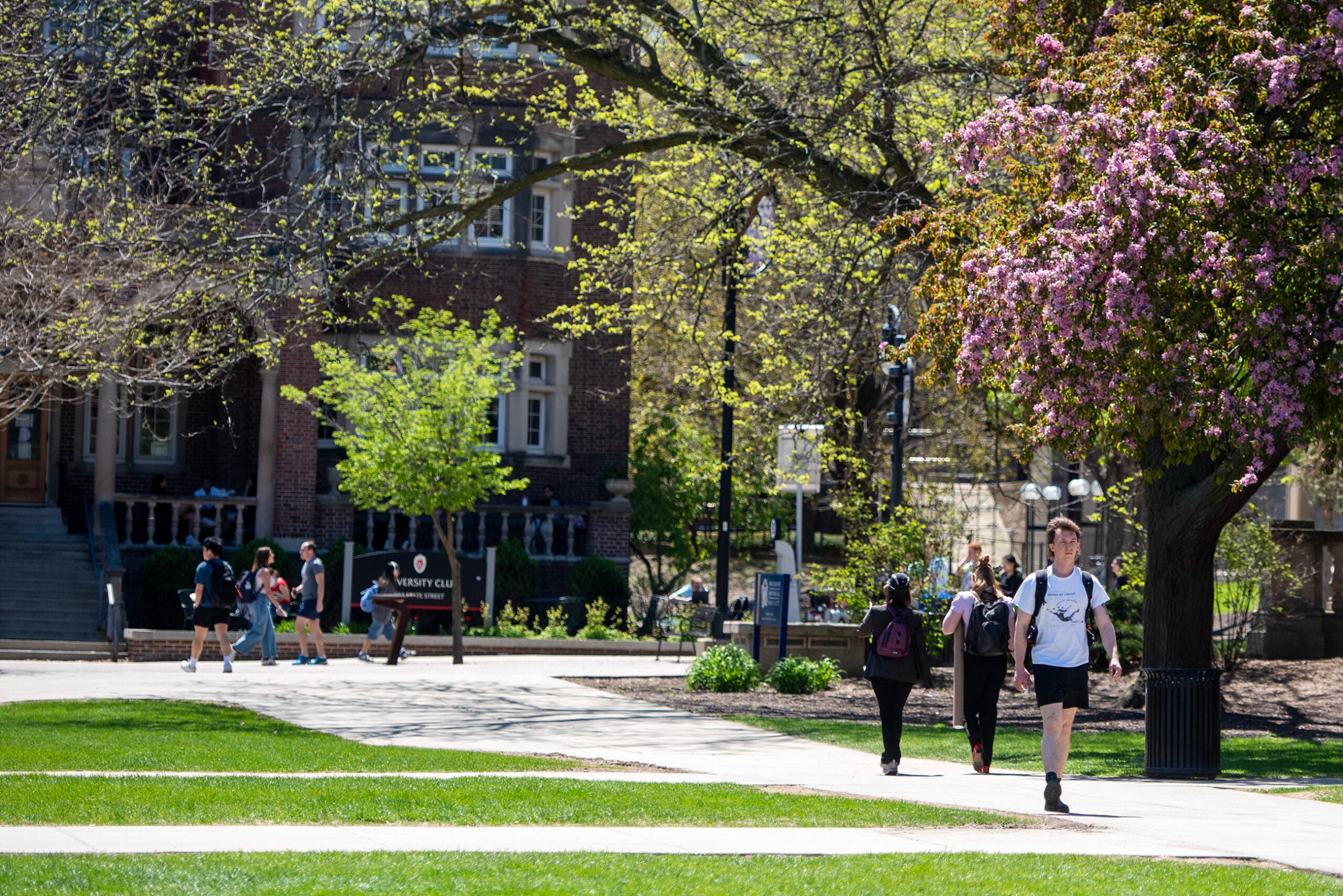Gov. Scott Walker wants to allow University of Wisconsin System students to opt out of some student fees, but opponents are warning of dire potential effects for campus services.
Walker proposed the opt-out for allocable segregated fees in his UW System budget proposal, which he released on a statewide event tour Tuesday.
“Allocable fees do not go towards long-term commitments or ongoing operational costs of university owned and controlled buildings,” a statement from the governor’s office read. “They provide support for campus student activities and services that are allocated by campus student government and university chancellors. Allowing an opt-out helps students make the decisions on what they do and do not want to fund.”
News with a little more humanity
WPR’s “Wisconsin Today” newsletter keeps you connected to the state you love without feeling overwhelmed. No paywall. No agenda. No corporate filter.
Students pay about $200 per year in allocable fees, according to a spokesman for the UW System Student Representatives, an organization of student government leaders across the state.
The group was quick to push back on the governor’s plan.
“Students at UW System campuses are a part of a community that benefits from services provided by these reasonable fees,” the group said in a prepared statement. “Allowing individual students to opt-out of paying would destabilize the funding of these services and create an administrative burden to ensure only fee-paying students could access the services those fees support.”
At UW-Madison, the fees cover operating expenses for student organizations like the Black Student Union, the Greater University Tutoring Service and Badger Catholic.
“There are many organizations that without this funding that segregated fees allow wouldn’t have the budget to continue on,” said Kat Kerwin, a sophomore at UW-Madison and vice chair of the student government’s legislative affairs committee. “I just don’t think we should make it a choice, I think we should be supporting these communities no matter what.”
In Madison, the funding also supports contracts with the local Tenant Resource Center and Rape Crisis Center.
Erin Thornley-Parisi, executive director of the Rape Crisis Center, said a cut to the center’s contract would reduce the services it provides to students, including advocates who accompany sexual assault victims to the hospital after an assault.
“We need those resources to be able to pay those advocates to be there to help victims through the process, in addition to keeping our counseling free and all our other services,” Thornley-Parisi said.
She called the advocates’ work one of the “key services” the center provides.
“It’s a tough and a confusing time, and the systems are very demanding of a victim despite the fact the victim’s just been through a serious incident,” Thornley-Parisi said.
The Rape Crisis Center received a $100,000 contract from the university for the 2017 fiscal year, according to student government documents.
Supporters of the governor’s proposal say the fees are “unnecessary costs.”
“A significant number of students receive no benefit from these programs,” said Sen. Steve Nass, R-Whitewater, in a prepared statement.
Nass is the vice-chair of the Senate committee on universities and technical colleges.
The governor’s proposal was just one element of his larger UW System budget proposal, which included a 5 percent tuition reduction.
Wisconsin Public Radio, © Copyright 2026, Board of Regents of the University of Wisconsin System and Wisconsin Educational Communications Board.







